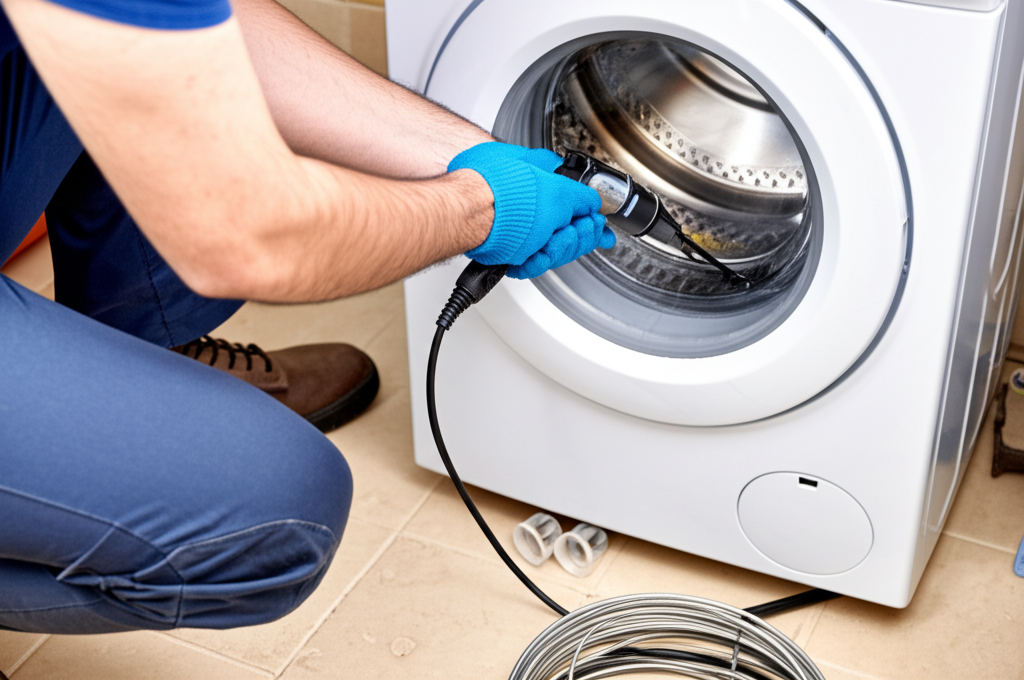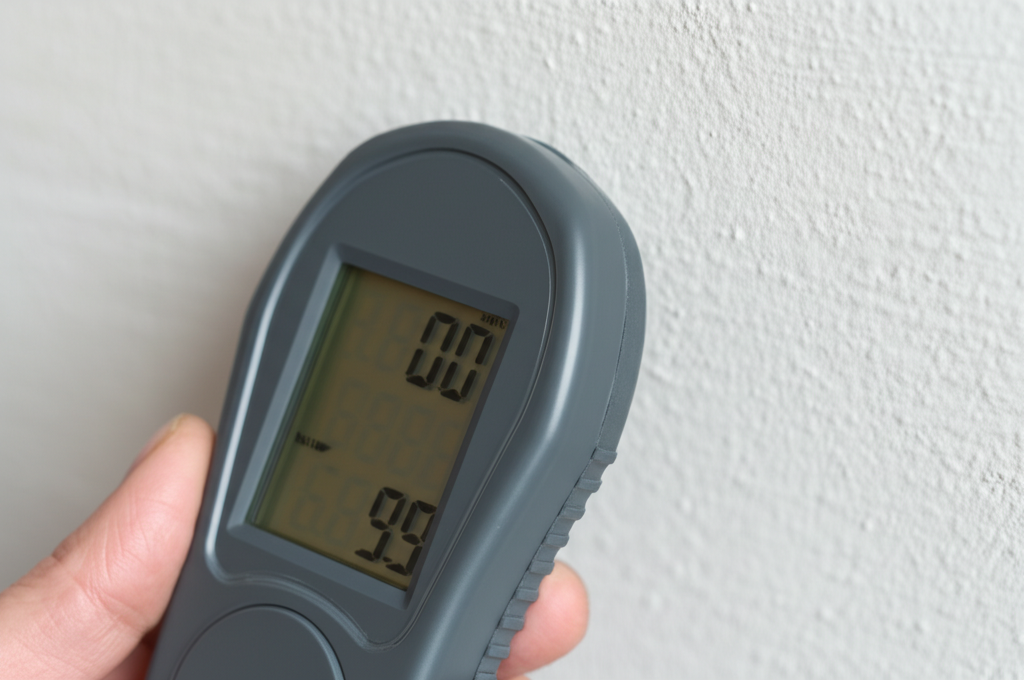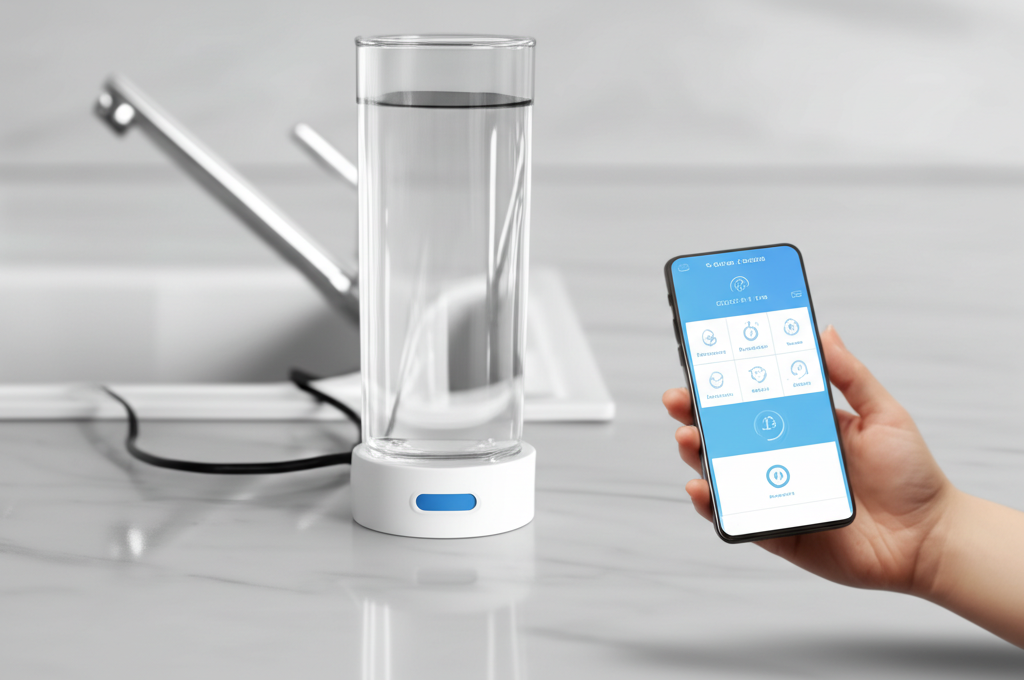The field of leak detection has evolved significantly over the years, with modern technology enabling plumbers to locate leaks with unprecedented precision and minimal disruption. These advancements have revolutionized how professionals approach water leak detection, making the process faster, more accurate, and less invasive.
Modern Leak Detection Technologies
Here's an overview of the cutting-edge technologies being used in professional leak detection today:
1. Acoustic Leak Detection
Acoustic leak detection uses sensitive listening equipment to identify the unique sounds that water makes when escaping from pipes under pressure. Modern acoustic sensors can detect even the smallest leaks by filtering out background noise and focusing on the specific frequencies associated with water leaks.

2. Video Pipe Inspection
High-definition waterproof cameras mounted on flexible rods can be inserted into pipes to visually inspect their interior condition. These cameras provide real-time video feed, allowing technicians to see cracks, blockages, root intrusions, and other issues that might be causing leaks. Modern inspection cameras include features like:
- Location transmitters that pinpoint the camera's position from above ground
- Articulating heads that can navigate through pipe bends
- LED lighting for clear visibility in dark pipes
- Recording capabilities for documentation and further analysis
3. Infrared Thermography
Thermal imaging cameras detect temperature differences that might indicate the presence of water. Since water absorbs heat differently than surrounding materials, leaks often appear as cooler areas on thermal images. This technology is particularly useful for detecting leaks in walls, floors, and ceilings without the need for destructive testing.

4. Moisture Sensors and Hygrometers
Advanced moisture meters can detect elevated moisture levels in building materials, helping technicians locate leaks that might not be visible to the naked eye. Modern moisture sensors include:
- Non-invasive sensors that can detect moisture through surfaces without damaging them
- Pinpoint probes for precise readings in specific locations
- Data logging capabilities to track moisture levels over time
- Bluetooth connectivity for real-time monitoring and reporting
5. Tracer Gas Detection
For particularly challenging leaks, technicians may use tracer gas detection. This involves introducing a non-toxic, hydrogen-based gas mixture into the plumbing system. Since hydrogen is the lightest element, it will escape through even the smallest leaks. Highly sensitive gas detectors can then pinpoint the exact location where the gas is escaping.
6. Ground Penetrating Radar (GPR)
GPR technology uses radar pulses to create images of subsurface structures. It can detect underground pipes and anomalies that might indicate leaks without excavation. This technology is particularly useful for locating leaks in underground water mains and sewer lines.

7. Smart Water Monitoring Systems
The latest innovation in leak detection is the development of smart water monitoring systems that can be permanently installed in homes and businesses. These systems:
- Monitor water flow in real-time
- Learn normal usage patterns
- Alert homeowners to unusual water activity via smartphone apps
- Automatically shut off water supply when leaks are detected
- Provide detailed water usage analytics
Benefits of Advanced Leak Detection Technology
1. Minimal Disruption
Perhaps the most significant advantage of modern leak detection technology is the ability to locate leaks with minimal disruption to property. Gone are the days when plumbers needed to break through walls or dig up yards based on educated guesses. Today's technology allows for precise location identification before any invasive work begins.
2. Early Detection
Advanced technology can detect leaks at their earliest stages, often before they cause visible damage. Smart water monitoring systems, in particular, can identify even small leaks by detecting unusual flow patterns, potentially saving homeowners thousands in repair costs.
3. Water Conservation
By identifying and repairing leaks promptly, these technologies contribute significantly to water conservation efforts. Even small leaks can waste thousands of gallons of water annually, and advanced detection methods help reduce this waste.
4. Cost Efficiency
While the initial investment in advanced leak detection technology may be higher than traditional methods, the precision and efficiency they provide often result in lower overall costs. By minimizing unnecessary excavation and repair work, these technologies save both time and money.
The Future of Leak Detection
The field of leak detection continues to evolve rapidly. Some emerging technologies to watch include:
- AI-powered analysis: Machine learning algorithms that can analyze data from multiple sensors to identify leak patterns with even greater accuracy
- Drone-based thermal imaging: Using drones equipped with thermal cameras to inspect large areas or difficult-to-access locations
- Permanent monitoring networks: Networks of sensors installed throughout water distribution systems that continuously monitor for leaks
- Predictive analytics: Systems that can predict potential leak locations based on pipe age, material, soil conditions, and other factors
Choosing the Right Leak Detection Service
When selecting a leak detection service, it's important to consider the technology they employ. Look for companies that:
- Invest in the latest detection equipment
- Have technicians trained in multiple detection methods
- Can explain their process and technology clearly
- Offer non-invasive detection options
- Provide detailed documentation of their findings
Conclusion
Advanced leak detection technology has transformed the plumbing industry, making it possible to locate and repair leaks with unprecedented precision and minimal disruption. At Drip Scout Water Leak Detection, we invest in the latest technology and training to ensure we can address even the most challenging leak detection scenarios efficiently and effectively.
Whether you're dealing with a suspected leak or want to be proactive about potential plumbing issues, understanding the technology available can help you make informed decisions about leak detection services.


